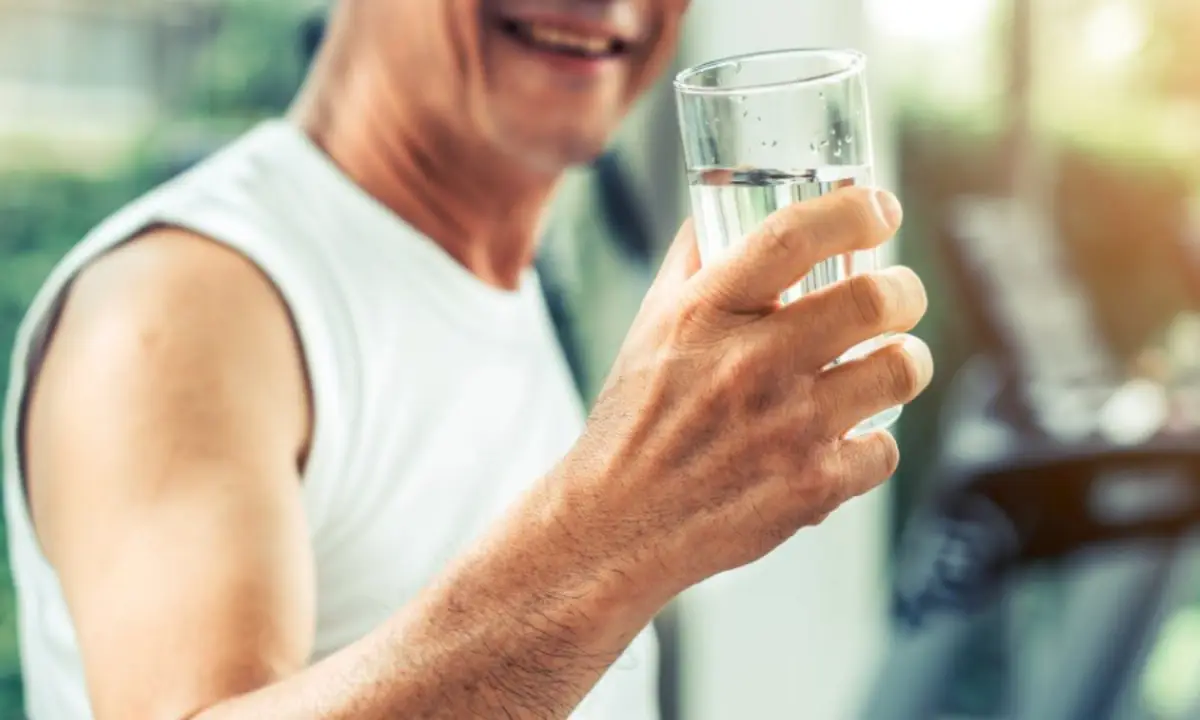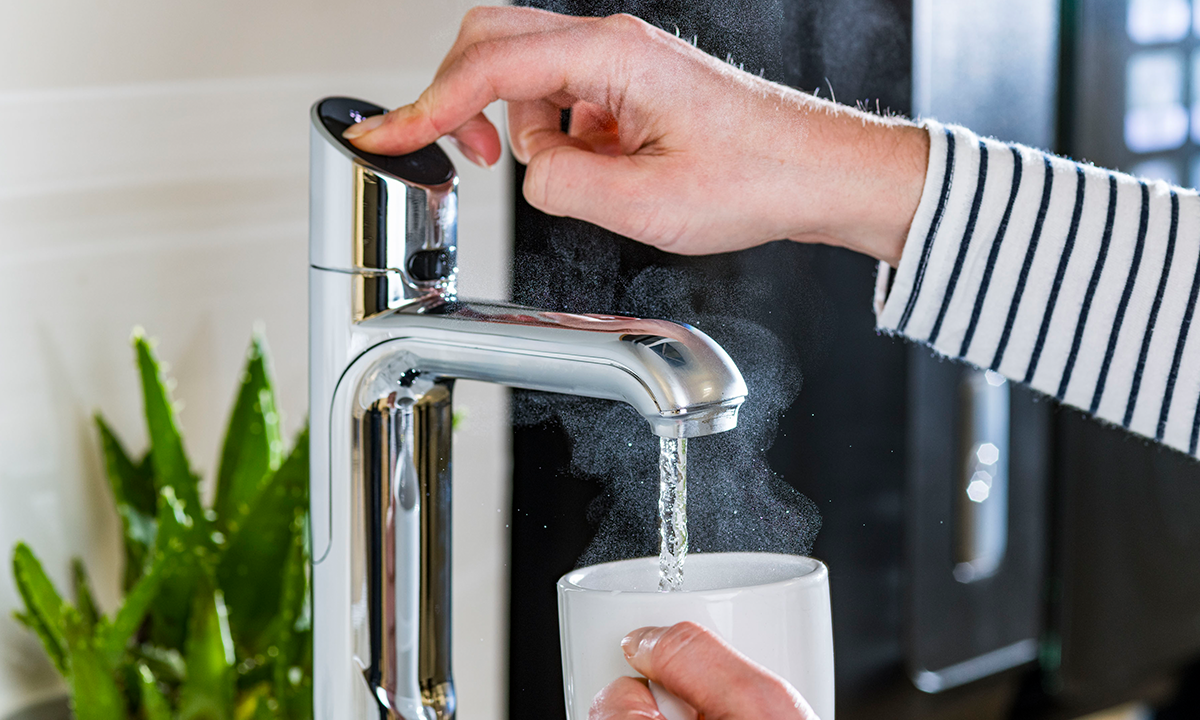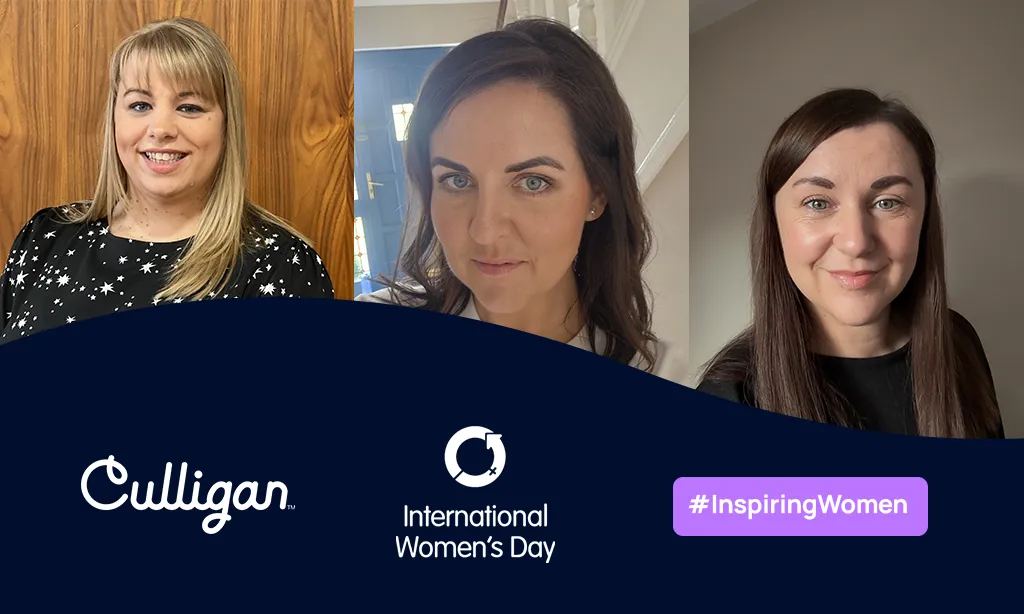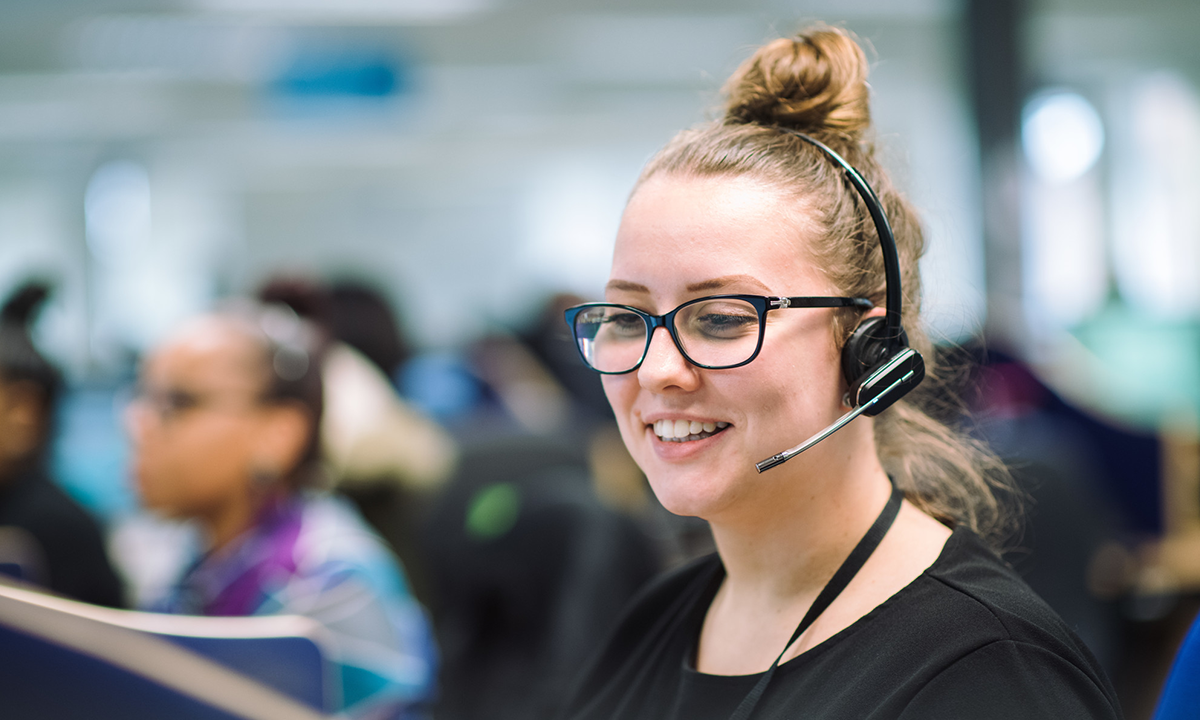

In the past year, the focus for many was simply to get through the days, weeks, and months of a global pandemic; understandably, most other concerns took a back seat. One crisis, however, continued to grow with little mention – the battle against time to save our planet.
While previously, people may have felt more comfortable drinking water from a sealed bottle due to the pandemic, it is time to remind them that it is possible to have clean filtered and purified drinking water available from a dispenser that is safe to drink. In fact, doctors recently confirmed to the public that reusable bottles and cups can be used again as a way to combat the climate crisis and do not increase the risk of transmission of COVID-19 if washed properly.
In addition to this, the choice to move towards a more sustainable and safe method of hydration relates to the increase in eco-friendly methods that employees and consumers want to see going forward. After all, 72% of employees reported that they expect more from their employer in terms of sustainable practices and outside of the workplace, consumers are also making it known that they are looking to be more sustainable. In a recent study, 50% of respondents said that they only buy products from brands that try to be eco-friendly.
We are also seeing upcoming legislation changes around the world that are set to tighten rules around the amount of waste being produced in an attempt to prevent further damage to the planet. For example, in France, plastic cups and similar were banned in January 2020 due to the fact they represented 5kgs of waste per resident per year.
This will not only change workplace culture, but cause a shift in all areas of business, including manufacturing and supply chains. Sustainability is more than just a buzzword; as we approach returning to some kind of normality in the coming months, the pressing global issue of non-recyclable waste is one that should be at the centre of the conversation again. After all, this crisis is not one that will wait. Research suggests that by 2050 there will be more plastic in the ocean than fish. As well as having a devastating impact on wildlife, this also has ramifications for humans and the natural world. While efforts are being made to reduce the use of single-use plastics and the like, both businesses and individuals need to step up their response now.
Businesses are in a position to make great change and the demand has already been seen internationally; for example, in Japan, two-thirds of citizens want to see a new international treaty aimed at tackling plastic pollution. Meanwhile, an initiative in Sweden pays citizens to recycle, whilst more than half of the countries in Africa have begun banning single-use plastic bags on a national level. Changes like these are becoming more common, meaning that businesses may in fact be forced to be more sustainable sooner rather than later.
That said, companies can take it upon themselves to be a part of the change without government direction. One such example is Goldman Sachs, which has taken great strides to ensure it is a force for good. The firm previously committed to removing 85% of plastic consumed by the end of 2019 and is on track to remove 100% of plastic bottles and disposables by 2025 by providing plumbed-in water dispensers and reusable bottles. Similarly, in the hospitality industry, establishments such as Kimpton Clocktower Hotel have also been making an effort to reduce their plastic consumption by using mains fed dispensers – showing guests and clients that they are doing their bit to fight climate change.
These are small, but powerful ways to help the planet and take steps away from single-use products – and all organisations must follow suit, working together to create a greener future. In addition to this, businesses will also see the financial benefits as they are often rewarded by investors and customers for signing up to clear Environmental, Social and Governance (ESG) goals.
How can businesses provide safe and sustainable hydration?
One of the most effective ways of providing safe and sustainable hydration for businesses is to rent a dispenser plumbed directly into the mains water supply, removing the reliance on bottled water. Quality mains-fed dispensers typically use UV light to purify water against bacteria, viruses, and cysts – to over 99% in some cases.
Many sustainable hydration options also use an antimicrobial infusion or coating on key surfaces, particularly around the dispensing area – buttons, nozzle and drip tray. This provides an added layer of defence against contamination from bacteria and mould. By providing this option, alongside biodegradable or compostable cups, where reusable bottles aren’t possible, businesses can join the fight against single-use plastics whilst ensuring that employees and customers stay safely hydrated.
There are also practical and low-cost changes that businesses can make. These include educating staff and consumers about the crisis we face if we continue to opt for single-use plastics and similar. In addition to this, offering reusable bottles to staff members would actively encourage them to hydrate as well as be more sustainable. As part of the education process, employers can also share ways in which people can be more sustainable when out and about, such as making use of initiatives like Freefill, which has supported businesses such as DPD in the effort to save 1 million bottles from landfill sites. The programme will also soon include an app to help find the nearest reliably safe water dispenser.
Businesses also need to consider the bigger picture in regard to their sustainable goals. Organisations often rely on partnerships to be successful, whether that’s manufacturers, suppliers, or delivery services; all of these also have an impact on the environment, and while not everyone can have complete control over these processes and their impact, they can work towards a more sustainable future together.
Having these discussions with partners – asking what they’re doing to manage their environmental impact, and if there’s any way you can help them – and ultimately finding those who share your need for an eco-friendly future is important. To make a real change, we need to see efforts from all areas, particularly as eight global supply chains account for more than 50% of annual greenhouse gas emissions worldwide – a simply shocking statistic. If businesses place more pressure on manufacturers and suppliers to also become more sustainable, we can make real progress in our fight against climate change.
It is possible to take steps that may seem small but will actually make a huge change to our plastic consumption. Businesses are in a position to lead the charge and show to their employees, customers, investors and more that they are serious about a sustainable future, as well as providing vital hydration to increase wellbeing and productivity among the workforce.
Related news & articles


